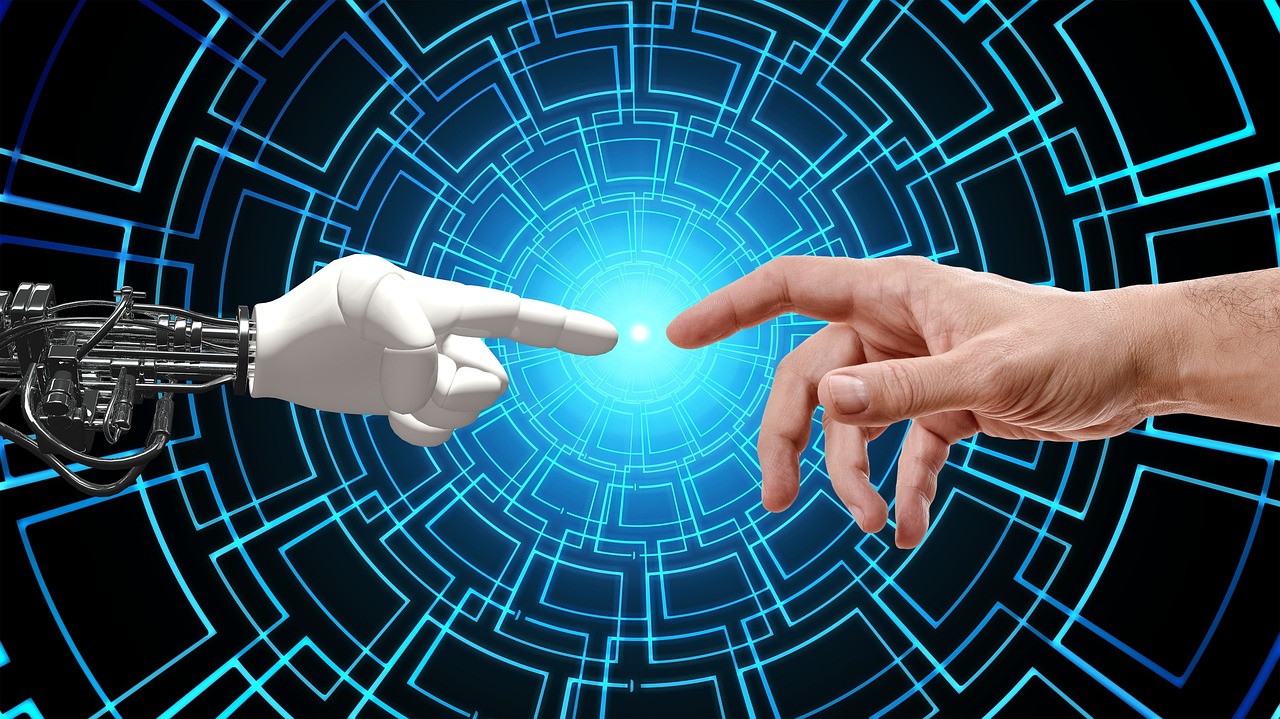This post is also available in:
 עברית (Hebrew)
עברית (Hebrew)
Researchers claim that artificial intelligence models can be used to predict events in people’s lives.
A research project from DTU, University of Copenhagen, ITU, and Northeastern University shows that when using large amounts of data about people’s lives and training AI models called ‘transformer models’, they can systematically organize the data and predict what will happen in a person’s life, even estimating the time of death.
The first author of the article and professor at DTU Sune Lehmann said: “We used the model to address the fundamental question: to what extent can we predict events in your future based on conditions and events in your past? Scientifically, what is exciting for us is not so much the prediction itself, but the aspects of data that enable the model to provide such precise answers.”
According to Techxplore, the predictions from the model (called Life2vec) are answers to general questions like: ‘death within four years’? Then when the model’s responses are analyzed, they are consistent with existing findings within the social sciences.
The researchers point out that ethical questions surround the life2vec model (especially sensitive data and privacy). These challenges must be understood more deeply before the model can be used, for example, to assess an individual’s risk of contracting a disease or other preventable life events.
“The model opens up important positive and negative perspectives to discuss and address politically. Similar technologies for predicting life events and human behavior are already used today inside tech companies that, for example, track our behavior on social networks, profile us extremely accurately, and use these profiles to predict our behavior and influence us. This discussion needs to be part of the democratic conversation so that we consider where technology is taking us and whether this is a development we want,” says Sune Lehmann.
The researchers’ next step is to incorporate other types of information, like text, images, and information regarding social connections. This use of data could open up a whole new interaction between social and health sciences.


























